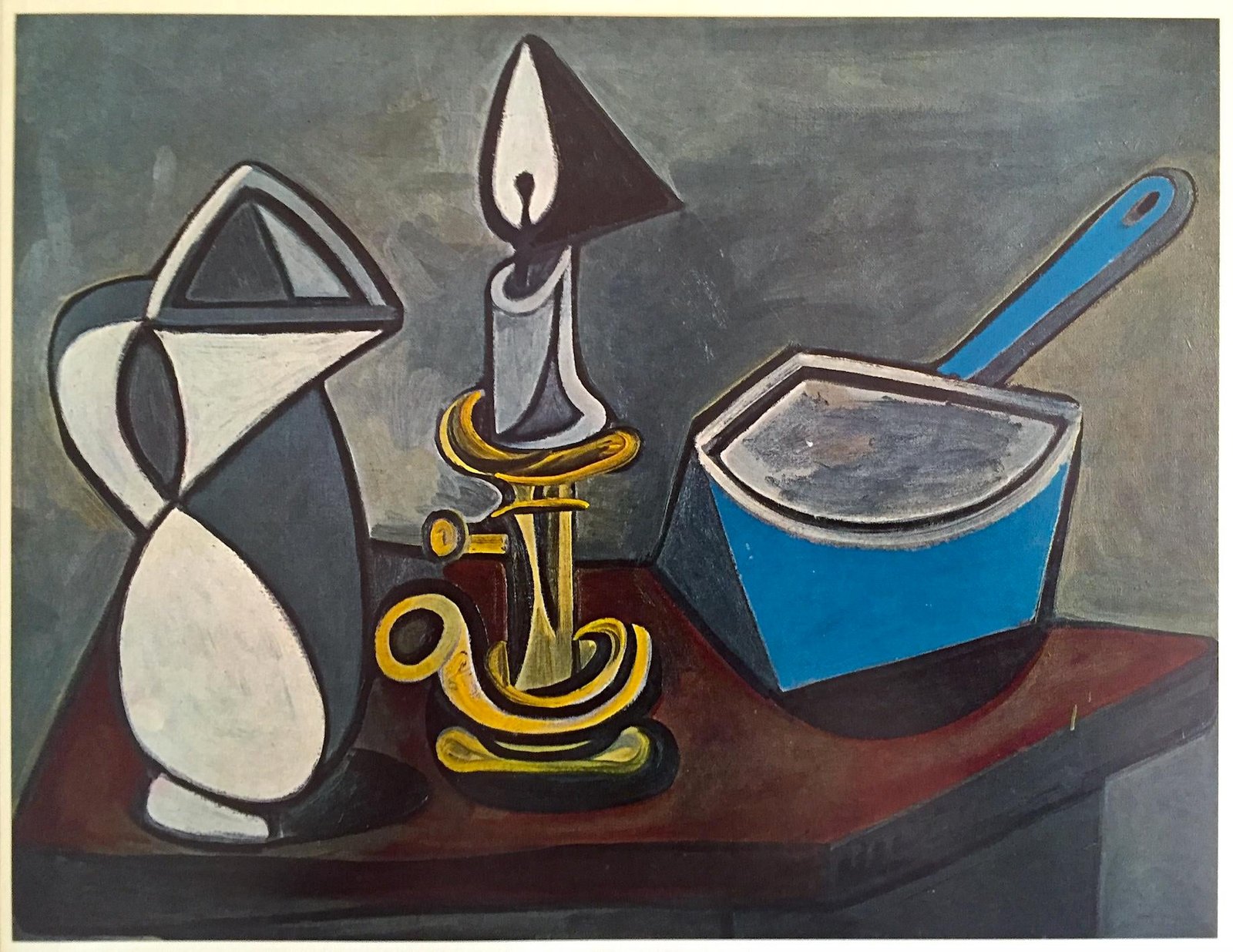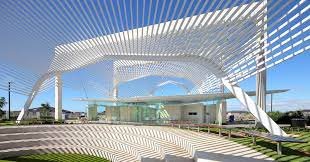
Praying in Masjid Al-Haram, the sacred mosque in Mecca that houses the Kaaba, holds immense significance and reward in Islam. The rewards for prayers offered in this holy site are considered to be greatly multiplied compared to prayers offered elsewhere. Here are some key points regarding the rewards of praying in Masjid Al-Haram:
- Increased Reward: According to various Hadiths (sayings of the Prophet Muhammad), prayers offered in Masjid Al-Haram carry a reward greater than those offered in other places. It is widely believed that one prayer in Masjid Al-Haram is equivalent to 100,000 prayers offered in any other mosque. This multiplication of rewards highlights the spiritual significance of the mosque in Islamic tradition.
- Spiritual Significance: Masjid Al-Haram is the most sacred mosque in Islam. It is the focal point of the Islamic faith, which millions of Muslims turn to five times a day during their prayers (Salah). Performing prayers in this mosque, therefore, has a profound spiritual significance for believers.
- Opportunity for Forgiveness: Praying in Masjid Al-Haram, especially during the pilgrimage of Hajj or Umrah, is believed to offer Muslims an opportunity for forgiveness of their sins. The sanctity of the mosque and the act of performing prayers there are seen as means to seek God’s mercy and forgiveness.
- Enhanced Spiritual Connection: Praying in the vicinity of the Kaaba, the most sacred site in Islam, allows believers to strengthen their spiritual connection with God. This experience is often described as immensely humbling and spiritually uplifting.
- Unity with the Muslim Ummah: Offering prayers in Masjid Al-Haram, alongside thousands of other Muslims from around the world, also embodies the unity and brotherhood of the Muslim Ummah (community). This collective act of worship reinforces the sense of being part of a global Muslim community.
- Fulfillment of Religious Duties: For those performing Hajj or Umrah, praying in Masjid Al-Haram is a key component of fulfilling the rites of these pilgrimages. These prayers form an integral part of the religious duties that pilgrims are expected to perform.
- Personal and Communal Benefits: Beyond the spiritual rewards, praying in Masjid Al-Haram can also have personal benefits, such as increased patience, humility, and a sense of peace and contentment. The communal aspect of prayer in such a significant mosque also fosters a sense of belonging and solidarity among Muslims.
The reward for Praying in Masjid an-Nabawi (Medina):
Alongside Masjid Al-Haram, Masjid an-Nabawi in Medina, where Prophet Muhammad is buried, is another highly revered site in Islam. It is commonly believed among Muslims that 1 prayer in Madina equals 1,000 prayers offered in any other mosque except Masjid Al-Haram. This belief is based on various Hadiths that emphasize the spiritual merit of praying in Medina, particularly in the Prophet’s Mosque.
Spiritual and Historical Significance: Masjid an-Nabawi is the second holiest site in Islam and was established by Prophet Muhammad himself. Praying in this mosque carries a deep spiritual significance.
Connection with the Prophet’s Teachings: Being in Medina and praying in Masjid an-Nabawi also allows believers to feel a closer connection to the life and teachings of Prophet Muhammad, enhancing their religious experience and understanding.
In summary, both Masjid Al-Haram and Masjid an-Nabawi hold exceptional places in the Islamic faith for the rewards and spiritual experiences they offer to believers. Prayers in these mosques are believed to be greatly multiplied in their spiritual reward, providing a unique and deeply significant opportunity for Muslims to enhance their faith and seek closeness to God.












